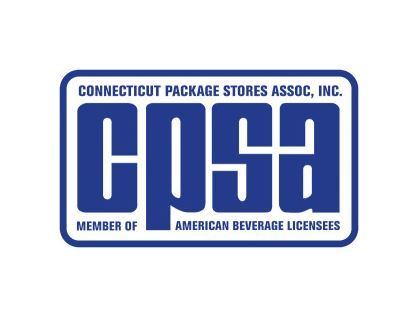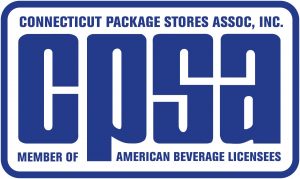

Carroll J. Hughes, Executive Director, Connecticut Package Store Association.
By Carroll J. Hughes, Executive Director, CPSA
Over the past few months, the Connecticut Package Stores Association (CPSA) has received a number of questions and concerns from members and industry professionals regarding the potential expansion of the state’s bottle bill to include glass wine and spirits containers.
Many of these questions relate to what the true purpose is behind the inclusion of these containers in the bottle bill, as they are already widely recycled in the state. Many concerns also include the cost and logistics, as well as the actual merits of such an expansion compared to what is already occurring.
The answers to most of these industry questions and concerns are complicated. Currently, there is a mandate that requires recycling glass wine and liquor bottles, food containers, and other glass containers not included in the bottle bill. These glass containers are prohibited from being mixed with solid waste by refuse collectors, both private and municipal.
Enforcement measures to ensure that recyclables and solid waste are not mixed together are supposed to occur at the municipal solid waste (MSW) disposal site and violations should be reported back to the customer or generator of solid waste contamination (both commercial and residential). The MSW disposal facility is allowed to reject entire truckloads of solid waste refuse that is contaminated, with significant amounts of recyclables by customers who threw them away in their solid waste bins.
The current system requires separation of recyclables at the “generator” level. This means customers receiving MSW collection services are responsible for separating recyclables from solid waste into proper bins before setting them at the curbside for separate collection. Generators, both commercial haulers and residential customers, are also allowed in some cases to separate their solid waste refuse from recyclables at a transfer station.
In Connecticut, all mandated recyclables are allowed to be mixed together in what is called a “single stream.” The mixing of these recyclables can occur in a collection truck or at the transfer station. In a majority of transfer stations, recyclables are separated more than they would be in the standard collection truck. This means food containers, paper, cardboard and glass can all be thrown into the same bin, making the glass very contaminated and difficult to sell to end markets.
In addition to the contaminated glass being unsellable to end markets, China announced in 2017 that by January 1, 2018, it would no longer accept imported mixed, contaminated or unmarketable loads of recyclables for processing. This has created severe logjams and reductions in profitability and efficiency for current recycling programs.
 Another proposed approach to these recycling issues is Extended Producer Responsibility (EPR) legislation, which has the potential for even more damage than a bottle bill expansion. EPR requires the producer of a product to take full responsibility for the ultimate disposal of their item (container, packaging, etc.) at the end of the product’s life cycle. In recent years, companies have generally done everything they can to avoid this requirement.
Another proposed approach to these recycling issues is Extended Producer Responsibility (EPR) legislation, which has the potential for even more damage than a bottle bill expansion. EPR requires the producer of a product to take full responsibility for the ultimate disposal of their item (container, packaging, etc.) at the end of the product’s life cycle. In recent years, companies have generally done everything they can to avoid this requirement.
The impetus now that profitable recycling markets have disappeared is to push back on the product manufacturers using EPR, which is done simply as a cost-shifting mechanism. Municipalities do not want to deal with recycling now that they have no return on investment from the sale of materials. Refuse haulers or collectors faced with the service weight of glass collection and its migration to MSW want the material gone, but no one will take it. The result for them is more weight from the glass to haul and dispose of at MSW, which can cost up to $85 per ton.
The approach by the government has been to accept the failures of the current recycling system and to either subsidize the costs by transferring it back to products, find a way to make recycled material more valuable as it is or a combination of several changes.
Based on the urgency for a resolution to the many faults in the recycling system, some lawmakers may be willing to jump at any “Band-Aid” solution that avoids the fundamental changes necessary to truly resolve these problems long-term. This means the attempts to transfer costs and responsibilities to other parties like retailers and producers will continue by adding wine and spirits glass containers to the bottle bill, or implementing an EPR system.
For more information, visit CPSA online.



